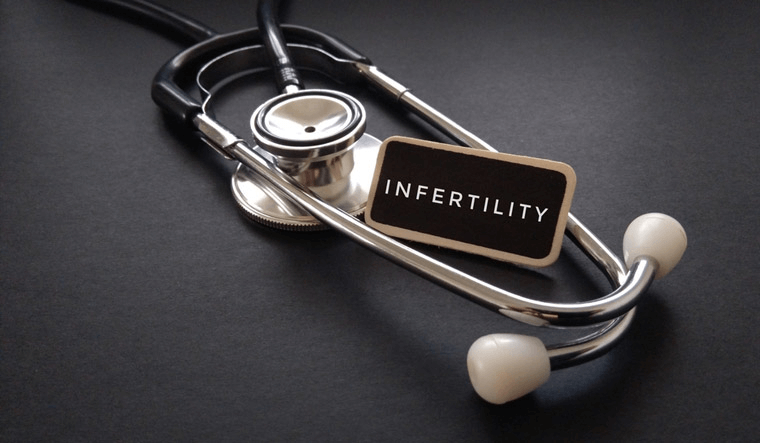How Does Hypothyroidism Affect Fertility and Pregnancy?

Hypothyroidism can significantly impact a woman’s ability to conceive and maintain a healthy pregnancy. While not every woman with hypothyroidism will experience fertility issues, the condition can lead to various complications that affect ovulation and menstrual cycles.
Impact on Ovulation
Hypothyroidism can disrupt the delicate balance of reproductive hormones in the body, leading to ovulation problems such as anovulation (lack of ovulation). This occurs because the thyroid gland, which regulates metabolism and energy levels, also plays a crucial role in maintaining hormonal balance. When thyroid hormone levels are low, it can result in:
- Imbalanced Hormones: Hypothyroidism can reduce the levels of luteinizing hormone (LH), which is essential for triggering ovulation.
- Shortened Luteal Phase: The luteal phase, the period between ovulation and the start of menstruation, typically lasts 13 to 15 days. Hypothyroidism can shorten this phase, reducing the time needed for a fertilized egg to implant and grow, potentially leading to early pregnancy loss.
Menstrual Irregularities
Women with hypothyroidism may experience menstrual irregularities, including:
- Irregular Cycles: Hypothyroidism can cause periods to become irregular, making it harder to predict ovulation and conceive.
- Heavy or Light Periods: Changes in thyroid hormone levels can lead to unusually heavy or light menstrual bleeding.
Also read: OB-GYN Or Midwife: Which Is Better For You?
Polycystic Ovarian Syndrome (PCOS)
Hypothyroidism can also be linked to the development of polycystic ovarian syndrome (PCOS), a condition characterized by multiple cysts on the ovaries, irregular menstrual cycles, and elevated levels of male hormones. PCOS is a common cause of infertility.
Managing Hypothyroidism for a Healthy Pregnancy
The good news is that with proper management, women with hypothyroidism can have a safe and successful pregnancy. Here are some key steps to ensure a healthy outcome:
- Medications: Taking prescribed thyroid medications to maintain normal thyroid hormone levels is crucial.
- Regular Monitoring: Frequent check-ups with a healthcare provider, preferably one experienced in treating pregnant women with thyroid conditions, can help manage the condition effectively.
- Healthy Lifestyle: Adopting a healthy lifestyle, including a balanced diet and regular exercise, can support overall health and improve fertility.
By keeping hypothyroidism under control and receiving appropriate medical care, women with this condition can enhance their chances of conceiving and having a healthy pregnancy.
Conclusion
Hypothyroidism can present challenges to fertility and pregnancy, but with proper treatment and management, women can overcome these hurdles. Maintaining thyroid health through medication, regular medical care, and a healthy lifestyle is essential for achieving and sustaining a successful pregnancy.
Also read: What Changes Will My Baby Go Through During The Second Trimester?






